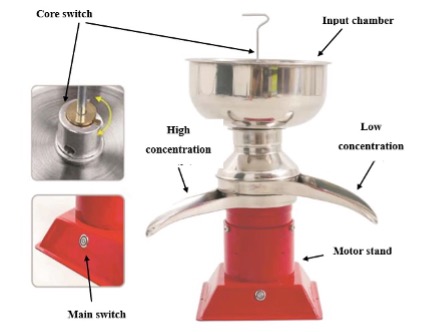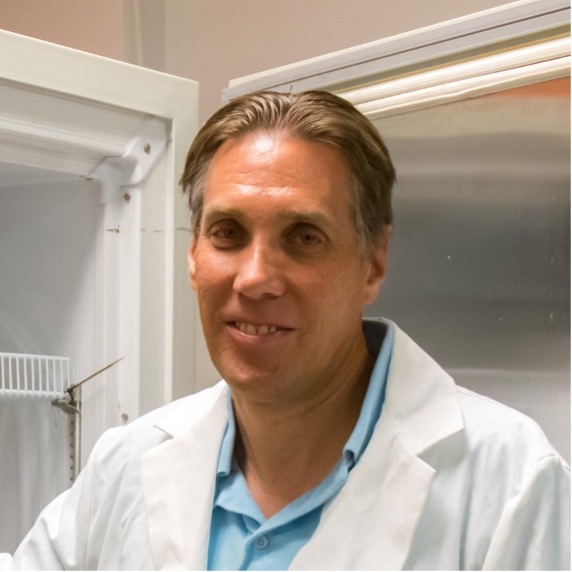Isolation of Nanoplastics from an Aqueous Slurry Using Continuous Centrifugation
The Problem
Nanoplastics have become a large environmental and health concern due to their abundance in waste/waste stream products and their theorized harm to aqueous and terrestrial habitats, as well as to the human body. Limited knowledge of the environmental fate of nanoplastics, such as particle dynamics, aggregation, transport, and biodegradation behavior make nanoplastics a key piece of environmental studies of which there is little present knowledge or studies. No quick separation method to isolate nanoplastics from liquid solution currently exists, as current methods require lengthy gravimetric settling/drying.
The Solution
Researchers at the University of Tennessee have developed a continuous centrifugation system designed to isolate nanoplastics with high efficiency, precision, and quickness. The system improves recovery and purity of nanoplastic samples and enhances cost-effectiveness through a swift continuous separation process.

Benefits
| Benefit |
|---|
| Allows for quick, cost-effective isolation of nanoplastics from aqueous solutions, as well as for the generation of significantly more high quality nanoplastics than other conventional methods for use in environmental studies. |
| High-speed centrifugation and adjustable separation parameters provide consistent, scalable method for isolating nanoplastics. Accelerated work-up procedure for generation of nanoplastics from a variety of plastic feedstocks. |
More Information
- Tyler Newton
- Assistant Technology Manager
- 865-974-1882 | cnewto12@tennessee.edu
- UTRF Reference ID: 25080
- Patent Status:

Innovators
Douglas Hayes

Professor of Biosystems Engineering, Tickle College of Engineering, UT Knoxville
Dr. Hayes received his Ph.D. from the University of Michigan in Chemical Engineering. Dr. Hayes’ expertise is in biobased and biodegradable polymers, microemulsions and surfactant self-assembly systems, and biological, lipid, and polymer separations.
Read more about Douglas HayesAnton Astner

PhD in Biosystems Engineering, Tickle College of Engineering, UT Knoxville
Dr. Astner received his PhD in Biosystems Engineering from the University of Tennessee Knoxville. Dr. Astner works in Dr. Hayes’ laboratory and specializes in transport of microplastics and nanoplastics at the interface of soil, streams, and groundwater in agricultural ecosystems.
Read more about Anton Astner